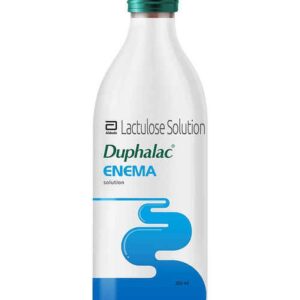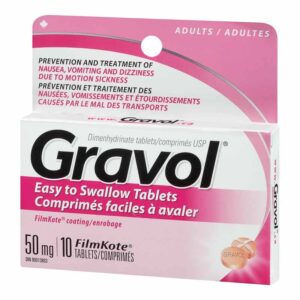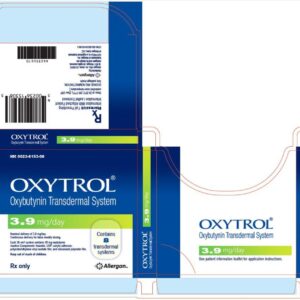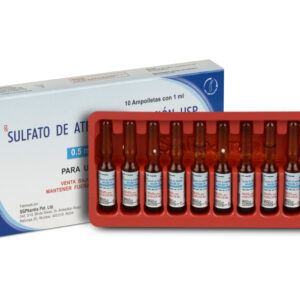-
Lactulose
Lactulose is an osmotic laxative used to treat constipation and manage hepatic encephalopathy.
Applications:
-
Relieves chronic constipation by drawing water into the bowel.
-
Reduces blood ammonia levels in patients with liver disease (hepatic encephalopathy).
Side Effects:
-
Common: bloating, gas, abdominal cramps, diarrhea.
-
Serious (rare): electrolyte imbalance with prolonged use or high doses.
Br120.00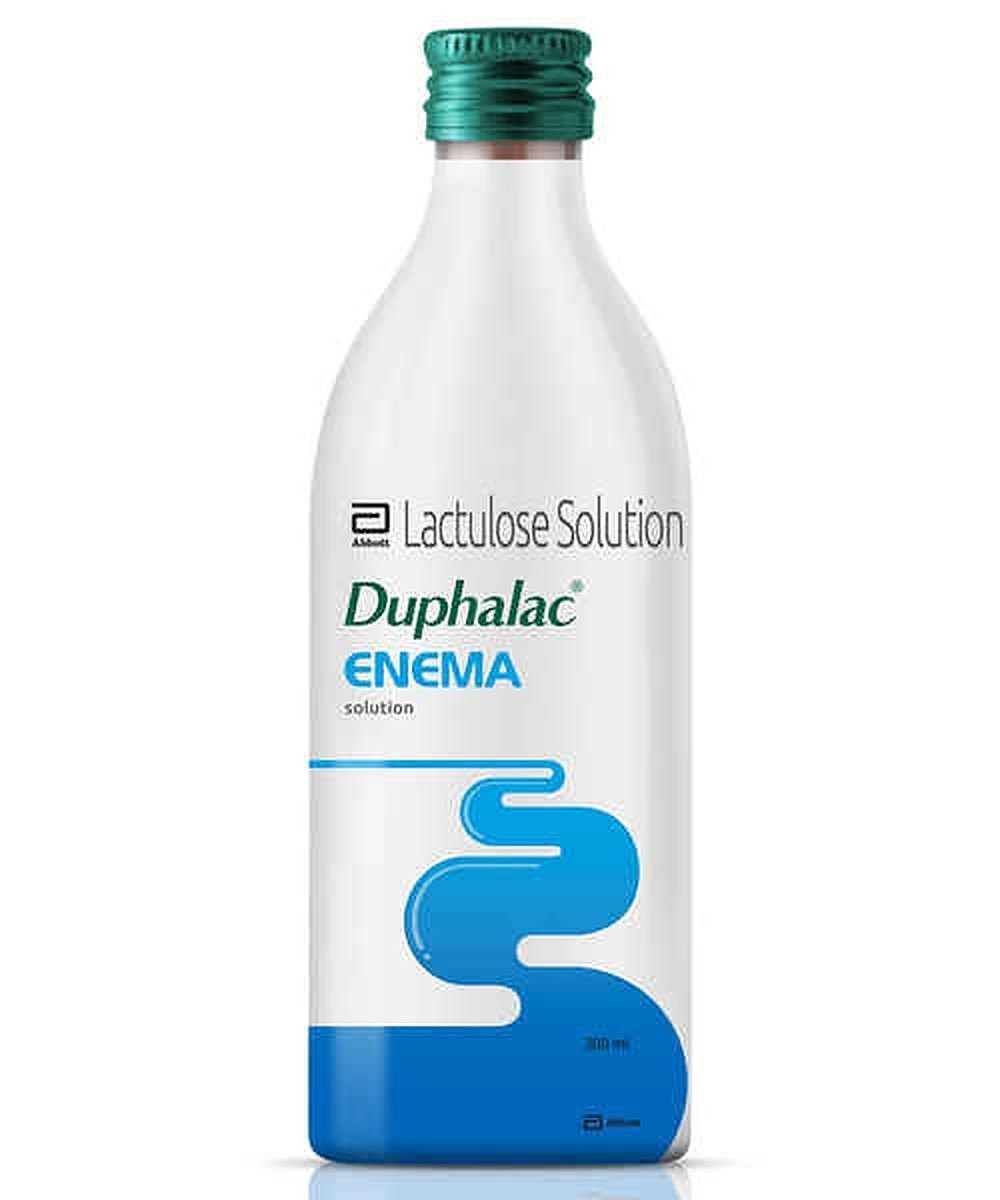

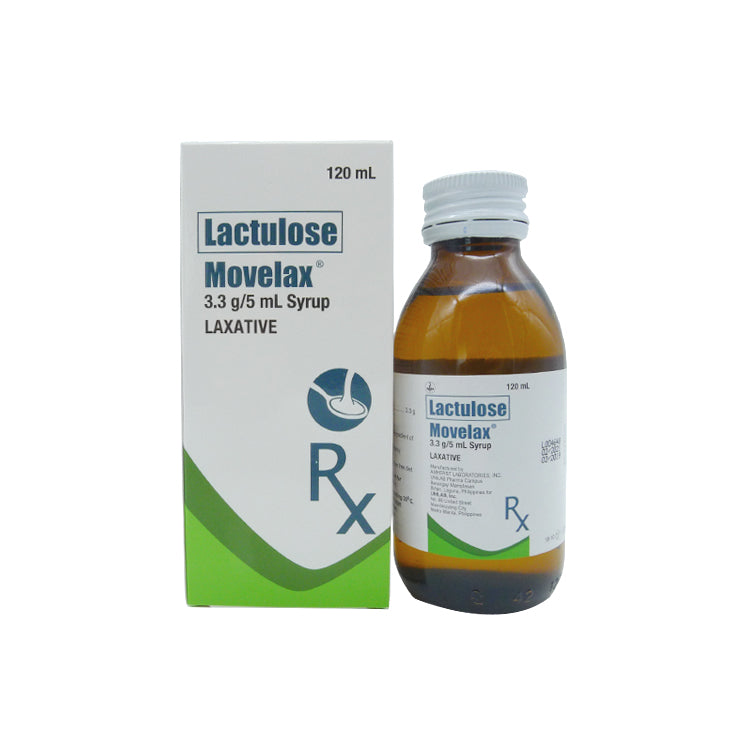
Lactulose
Br120.00 Select options This product has multiple variants. The options may be chosen on the product page -
-
Dimenhydrinate
Dimenhydrinate is an antihistamine primarily used to prevent and treat motion sickness and nausea.
Applications:
-
Prevents and relieves nausea, vomiting, and dizziness from motion sickness.
-
Used for vertigo and inner ear disturbances like Ménière’s disease.
Side Effects:
-
Common: drowsiness, dry mouth, dizziness, and blurred vision.
-
Serious (rare): confusion (especially in elderly), fast heartbeat, and urinary retention.
Br120.00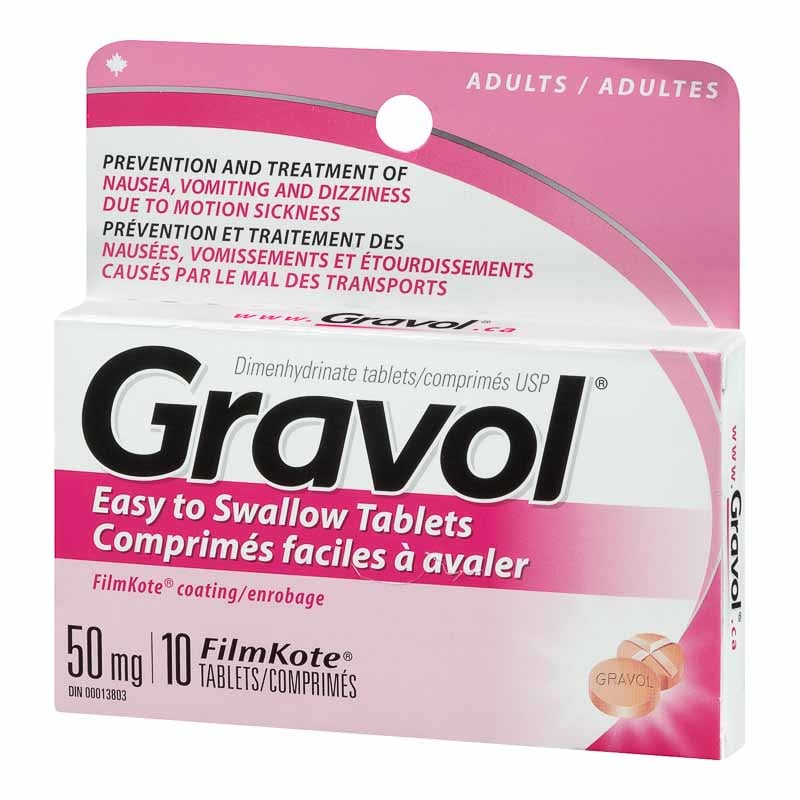
Dimenhydrinate
Br120.00 Select options This product has multiple variants. The options may be chosen on the product page -
-
Oxybutynin
Applications:
-
Overactive Bladder (OAB): Reduces urgency, frequency, and incontinence.
-
Neurogenic Bladder: Manages urinary leakage in spinal cord injury/MS.
-
Pediatric Enuresis: Treats bedwetting (off-label in children ≥5 yrs).
Side Effects:
-
Common: Dry mouth (70% of users), constipation, blurred vision, drowsiness.
-
Serious (Rare):
-
Urinary retention (risk in prostate enlargement).
-
Heatstroke (reduced sweating in high temperatures).
-
CNS effects (confusion in elderly).
-
Br120.00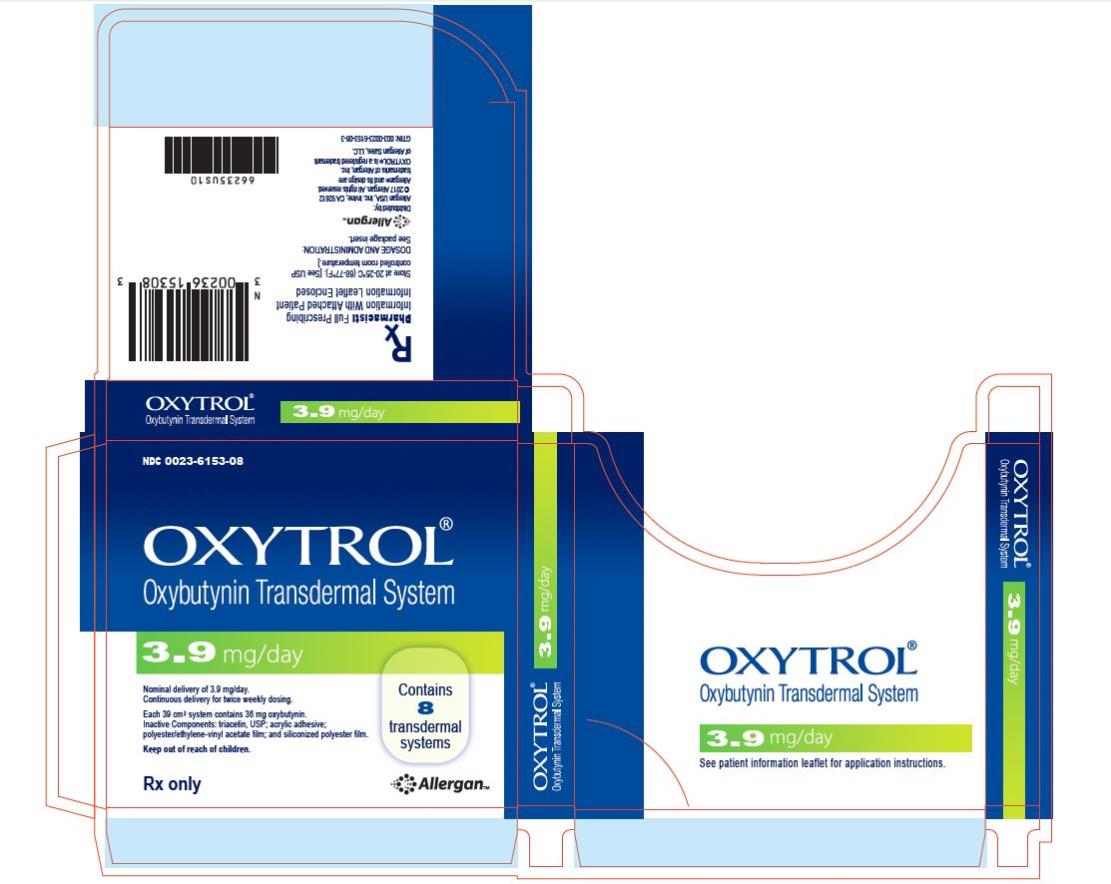
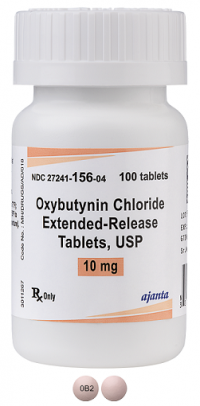
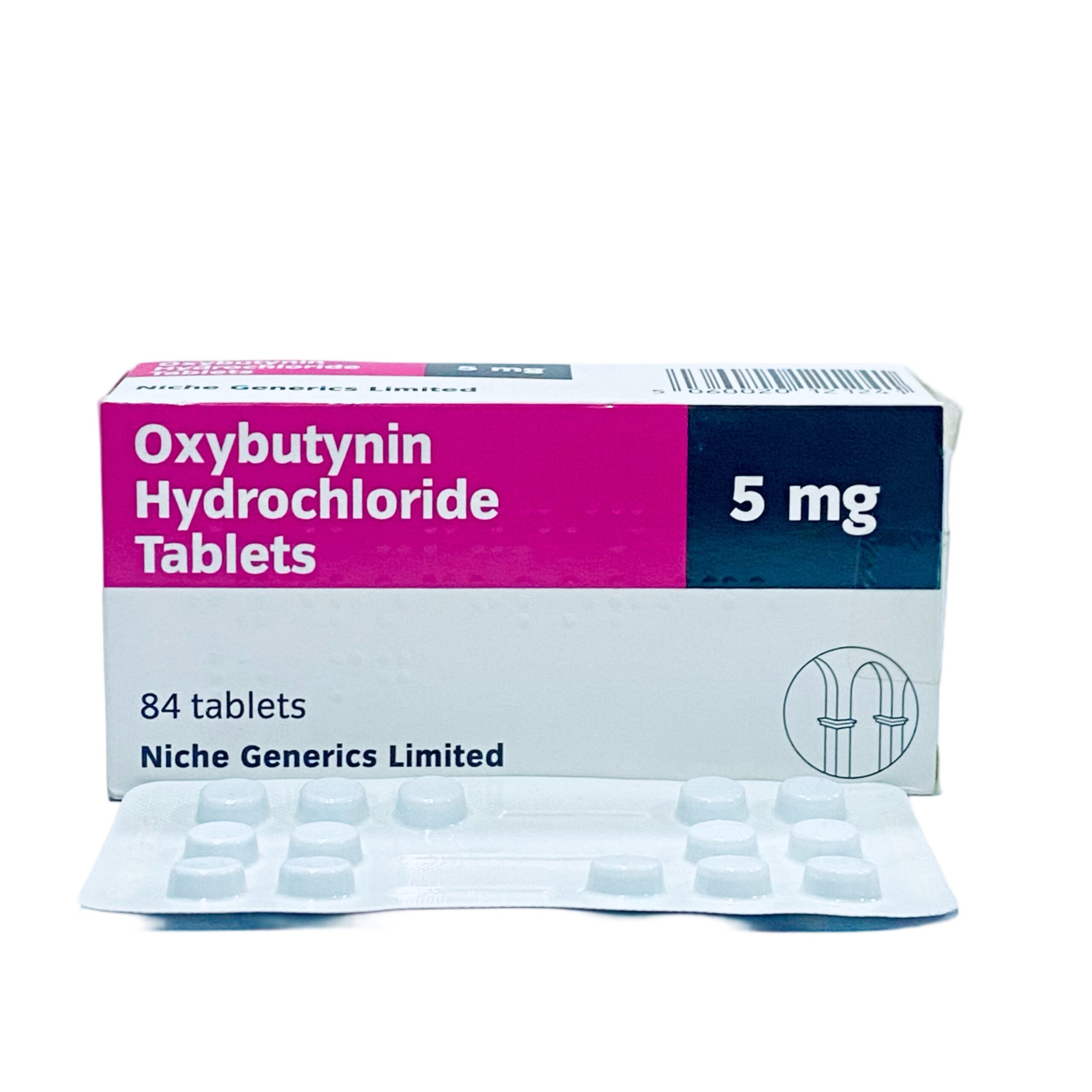
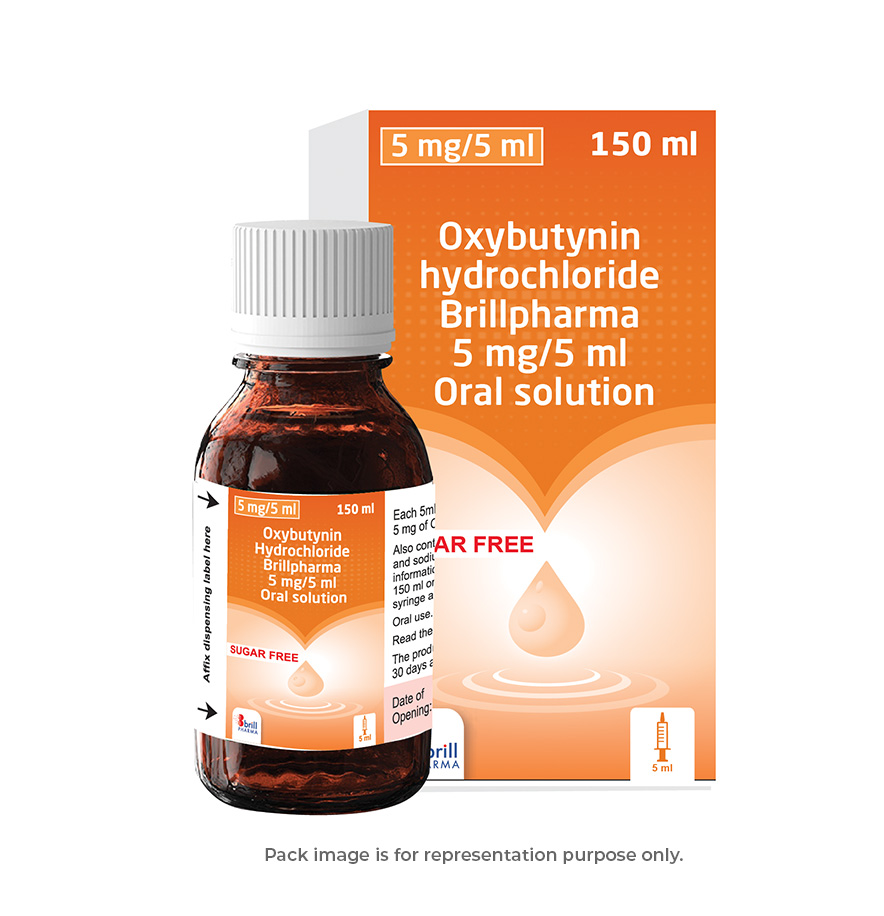
Oxybutynin
Br120.00 Select options This product has multiple variants. The options may be chosen on the product page -
-
Atropine Sulphate
Applications:
-
Pre-Anesthesia: Reduces saliva and respiratory secretions before surgery.
-
Bradycardia: Emergency treatment for abnormally slow heart rate.
-
Poison Antidote: Countacts organophosphate or nerve agent poisoning.
-
Ophthalmic Use: Dilates pupils for eye exams or inflammation treatment.
-
GI Disorders: Relieves spasms in irritable bowel (rarely used today).
Side Effects:
-
Common: Dry mouth, blurred vision, rapid heartbeat, dizziness.
-
Serious:
-
Hallucinations/confusion (high doses)
-
Urinary retention
-
Glaucoma attacks (with eye drops)
-
Dangerous tachycardia (overdose)
-
Note:
-
IV/IM use only in emergencies (hospital/EMS).
-
Reverses life-threatening cholinergic toxicity (e.g., pesticide poisoning).
Br120.00
Atropine Sulphate
Br120.00 Select options This product has multiple variants. The options may be chosen on the product page -
-
Ranitidine
Applications:
- Used to treat gastroesophageal reflux disease (GERD), peptic ulcers, and conditions where the stomach produces too much acid (like Zollinger-Ellison syndrome).
- Reduces stomach acid production, helping to heal ulcers and manage heartburn or acid reflux.
- Can be used for the prevention and treatment of ulcers and conditions like indigestion.
Side Effects:
- Common side effects include headache, dizziness, constipation, or diarrhea.
- Rare but serious side effects may include liver problems, irregular heartbeats, and severe allergic reactions.
- Long-term use can occasionally lead to vitamin B12 deficiency.
Ranitidine is effective in controlling excess stomach acid but was withdrawn from many markets (including the U.S.) in 2020 due to concerns over a potential carcinogenic impurity. For those still using it, monitoring for side effects is important, especially if taken for prolonged periods.
Br120.00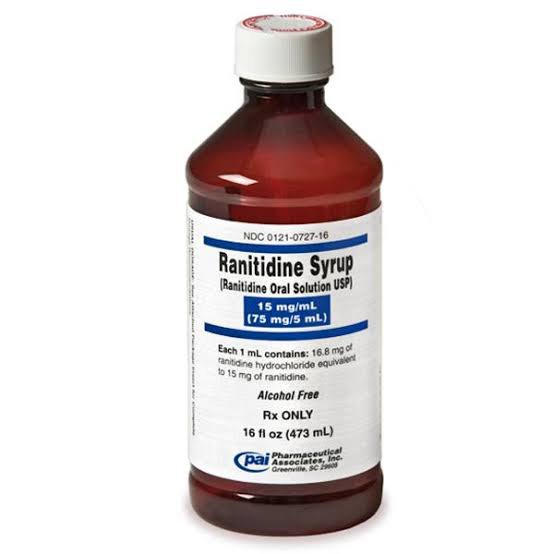
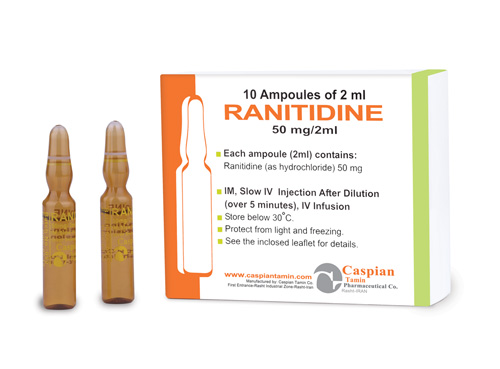
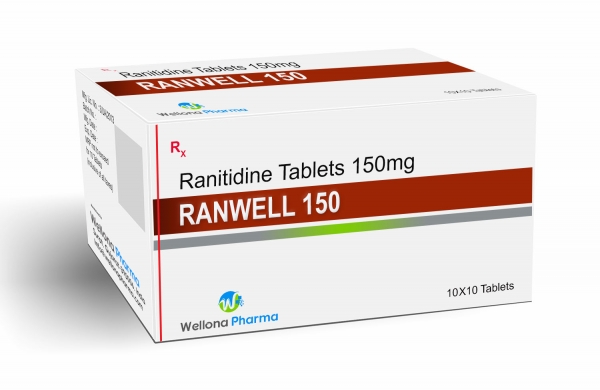
Ranitidine
Br120.00 Select options This product has multiple variants. The options may be chosen on the product page

